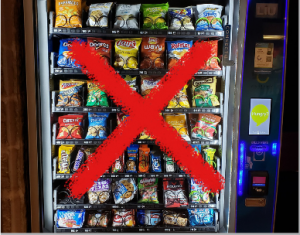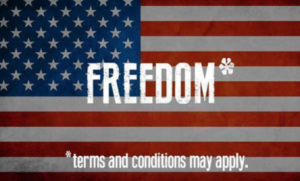Ludvig Brisby Jeppson
Business Columnist
Reflection, critical thinking and the ability to plan ahead are viewed as positive qualities. Critical thinking is supposed to keep us from getting manipulated, resist political propaganda and challenge society’s norms and structures. Planning ahead is supposed to help us make rational decisions and keep us out of future crises in all areas of life.
School is supposed to train us in these areas and our society’s economic system rewards people who have long-term plans and can resist impulsive decisions. But continuous reviewing and questioning of the current situation might be counterproductive.
First, the energy and time spent on analyzing the situation will affect your focus and efficacy.
Second, with reflection, there is a good chance that more opportunities will surface, which can complicate the situation. It has been shown by psychologist Barry Schwartz that more options decrease the satisfaction of a choice after a certain level. That is, too many choices will leave you wondering what making other choices would result in, which will make you view your own choice negatively.
The risk, if you also are a bit perfectionistic, is that you will get stuck with either not making any decisions at all or constantly over-planning, switching tracks with strong belief that the grass is greener on the other side. Either way, the constant reflection will have an inhibitory effect.
It is no wonder that the two processes are usually separated in companies. One unit takes care of strategy and planning, and another unit takes care of the daily work of operations. And even though a company’s strategy and operations have to interact, for a human, the lack of interaction is probably not the problem.
Princeton University professor Daniel Kahneman, who won the 2002 Nobel Prize in Economics, refers to the “experience self” and “reflection self” when explaining that there are two different parts of our minds. These parts can come in conflict and, according to Kahnman, we have to decide whether to maximize the present experience or the future. The things that make us enjoy the present might not be the things that make us satisfied with life when reflecting.
There is no question that mixing up and switching between present time focus and future planning can be problematic. If you limit reflection to certain times and separate it from the daily work, you could stay critical and reflecting but still get the payoff and well being from focusing right now. All you need is to find the switch off button.





Be First to Comment